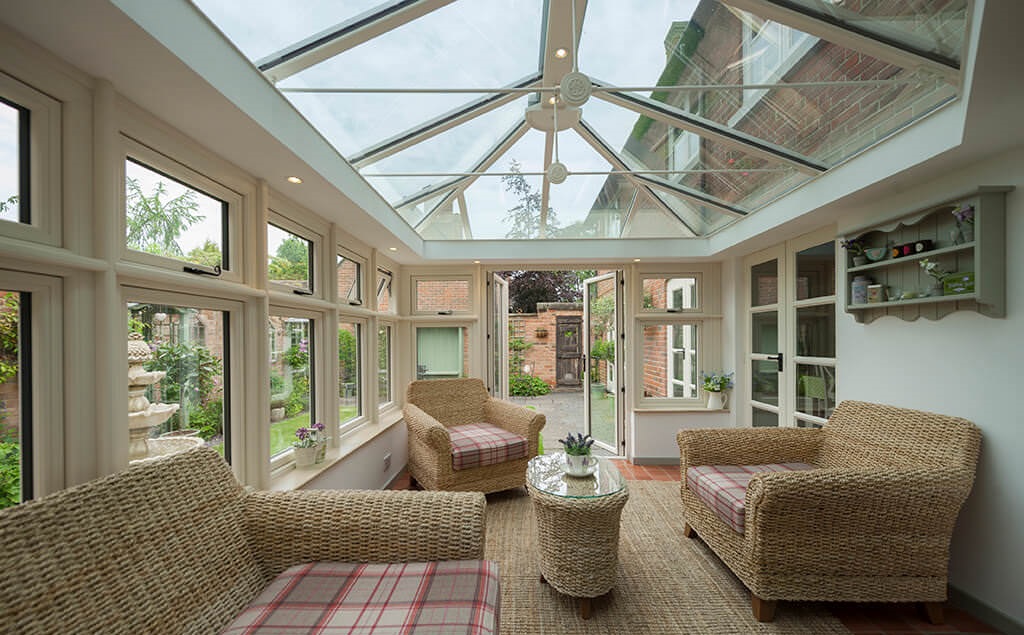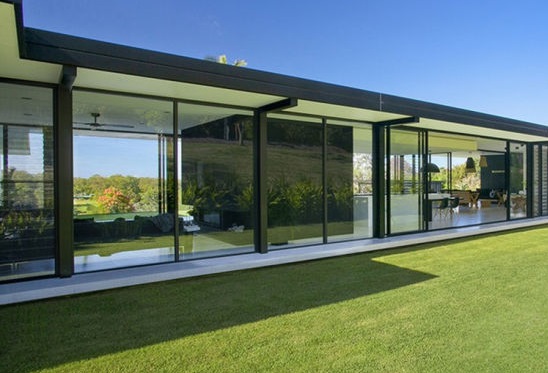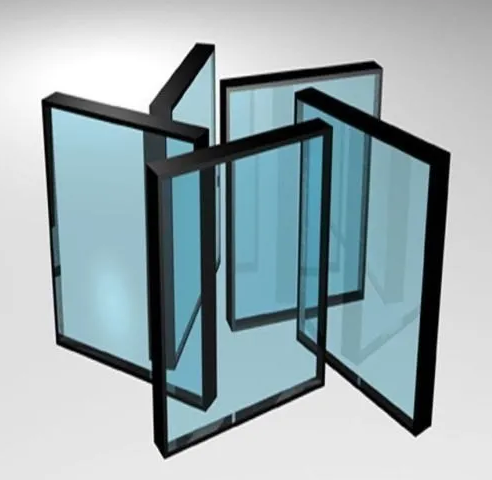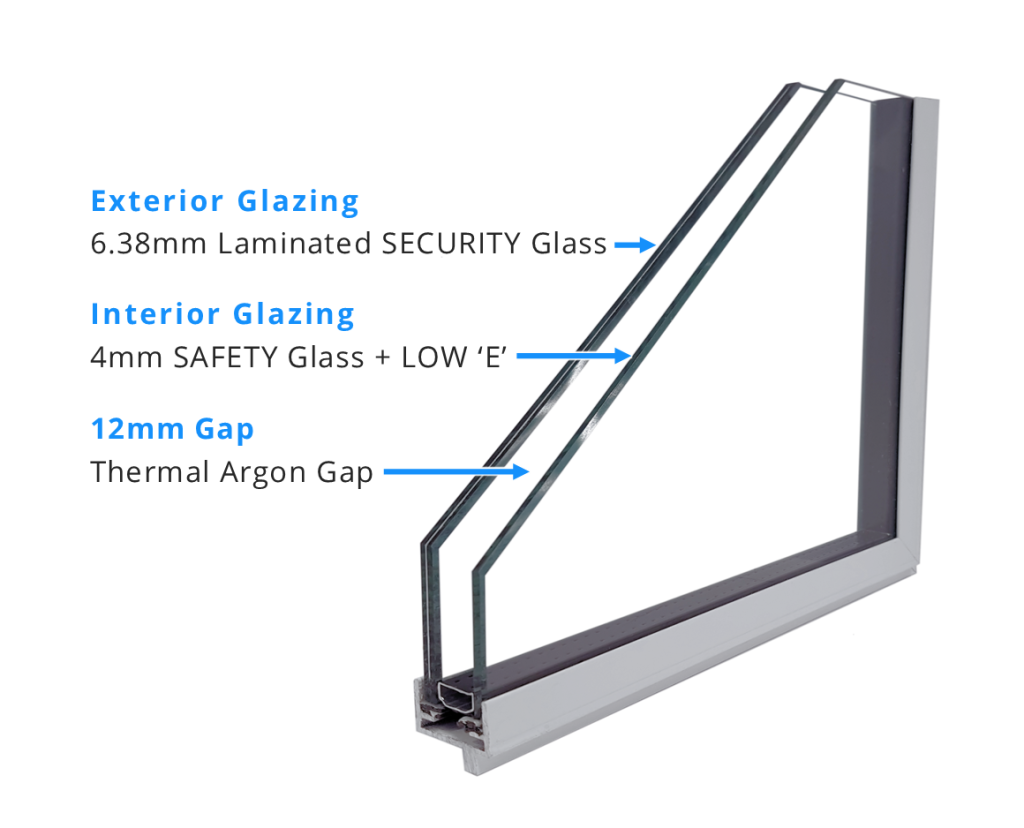
What is Double Glazing (DGU) Glass and its Uses?
In the realm of modern architecture and construction, Double Glazing (DGU) Glass have emerged as a pivotal component, offering a range of benefits in both residential and commercial settings. Let’s delve into what DGU glass entails, its characteristics, advantages, and applications.

What is DGU Glass?
Double Glazing Units (DGU) consist of two glass panes separated by a hermetically sealed space filled with air or an inert gas like argon. This construction creates a sealed unit, forming a layer of insulation between the glass panes. The space between the panes varies, typically ranging from 6mm to 20mm, depending on specific requirements.
Components of DGU Glass
The double-glazed glass suppliers providing dual-glazed glass that easily fits into the window frame comprises of seven main components.
A Space Bar: This is a frame that separates two panels of glasses, creating a cavity. The spacer bar can be either warm-edge or aluminium.
Desiccant: A silicon material used in the space bar tends to dry up the moisture trapped within the cavity.

A Primary Seal: This is the main barrier to the moisture or air migration into double-glazing glass types.
The Glass: It is a clear, Low E, toughened, solar control, self-cleaning, acoustic, laminated, or a combination.
The Secondary Seal: The primary structural adhesive around the outside edge of the units helps hold the elements intact.
The Cavity: This is a void formation that comes in between the parts.
The Gas Filling the Cavity: This involves the krypton, dehydrated air, argon, or xenon.
Characteristics of DGU Glass:
Enhanced Insulation: The air or gas-filled gap between the glass panes acts as insulation, minimizing heat transfer, and improving thermal efficiency within buildings. This property helps in maintaining comfortable indoor temperatures, reducing the need for excessive heating or cooling.
Noise Reduction: DGU glass effectively dampens external noise, providing a quieter and more serene indoor environment. This is especially beneficial for properties situated in bustling urban areas or near high-traffic zones.
Condensation Control: The insulating layer in DGU glass reduces the likelihood of condensation forming on the interior surfaces, preventing moisture buildup and potential damage to interiors.

Energy Efficiency: By reducing heat loss or gain through windows, DGU glass contributes to energy savings, promoting sustainable building practices and reducing utility costs.
Increased Security: The dual-pane construction enhances security, making it more difficult to break through compared to single-pane glass, thereby enhancing building security.
Applications of DGU Glass:
DGU glass finds applications across various sectors:
Residential Buildings: Widely used in homes for windows, doors, and skylights, DGU glass enhances comfort and energy efficiency in residential spaces.
Commercial Buildings: In commercial structures such as offices, shopping malls, and hotels, DGU glass aids in maintaining comfortable indoor environments while reducing energy consumption.
Conservatories and Greenhouses: DGU glass is utilized in conservatories and greenhouses, providing optimal insulation for controlled environments.
Noise-Sensitive Environments: Buildings located near airports, highways, or industrial zones benefit from DGU glass’s noise reduction properties.





